
By Richmond Kwame FRIMPONG
The final quarter of 2024 is poised to witness pivotal elections in several countries, including the United States, Brazil, and South Africa. In the U.S., the presidential elections will take center stage, determining the future of economic policies that influence global markets.
Economic issues such as inflation, employment rates, and fiscal policies are expected to dominate campaign discussions. Candidates’ positions on trade, international relations, and climate change will have far-reaching implications, not just domestically but also internationally, affecting economic ties with African nations and other emerging markets.
Brazil’s presidential elections are equally significant, particularly in the context of its role as a leading economy in South America. The outcome will influence policies related to agribusiness, trade agreements, and environmental regulations, particularly in relation to the Amazon rainforest.
Given Brazil’s position as a major exporter of agricultural products, the electoral outcomes will have implications for global food security and agricultural trade, including relationships with African countries that rely on Brazilian imports.
In South Africa, elections are expected to bring issues of economic inequality, unemployment, and land reform to the forefront. As the continent’s most industrialized economy, South Africa’s policies significantly influence the African continent’s economic landscape.
The government’s approach to these critical issues will affect foreign investment, trade relations, and regional integration initiatives, particularly within the African Continental Free Trade Area (AfCFTA).
Economic Policy Shifts and Trade Implications
Elections often lead to significant shifts in economic policies, particularly in countries facing economic challenges. For instance, if populist candidates gain traction in the U.S. elections, there may be a shift towards protectionist policies that could disrupt international trade.
The U.S. has been a critical trading partner for many African economies, and any move towards isolationism could result in decreased exports from Africa to the U.S., negatively impacting economic growth in several African countries.
Conversely, a commitment to free trade and international cooperation by the winning candidate could foster stronger economic ties between the U.S. and African nations.
The African Growth and Opportunity Act (AGOA), which provides duty-free access to the U.S. market for eligible African countries, could be revitalized, enhancing trade relations and stimulating economic growth.
In 2023, U.S.-Africa trade totaled approximately $40 billion, underscoring the significance of maintaining and enhancing these trade relationships.
In Brazil, the electoral outcome could also reshape its trade relationships, especially regarding agricultural exports. Candidates proposing sustainable environmental policies may focus on partnerships that prioritize responsible trade practices.
This could benefit African nations looking to enhance their agricultural sectors by adopting sustainable practices and improving food security. For instance, Brazil’s expertise in soy production could be leveraged to help African countries like Nigeria and Ethiopia increase their agricultural output sustainably.
South Africa’s electoral outcome will have a direct impact on its economic policies, particularly in areas like land reform and investment in infrastructure. If the ruling party maintains a focus on inclusive economic policies that address historical injustices, it could enhance investor confidence and promote foreign direct investment (FDI).
For instance, the World Bank reported that FDI inflows into South Africa reached $4.5 billion in 2023, and a stable political environment could further bolster these figures, providing much-needed capital for infrastructure development and job creation.
Preparing for Economic Change: Strategies for Adaptation
As these elections approach, it is crucial for businesses, investors, and policymakers in African countries to prepare for potential economic changes stemming from electoral outcomes. Strategic planning must incorporate scenario analysis to anticipate various outcomes and their implications.
For example, businesses should evaluate their supply chains and market strategies to adapt to shifts in trade policies, tariffs, and regulations that could arise from electoral changes in the U.S., Brazil, and South Africa.
In the context of preparing for potential economic changes stemming from electoral outcomes, industrial parks like Meridian Industrial Park in Ghana play a critical role.
As businesses evaluate their supply chains and market strategies, such parks provide the infrastructure and resources necessary for industries to thrive amidst shifting trade policies.
Meridian Industrial Park not only offers a strategic location for manufacturing and distribution but also fosters an environment conducive to innovation and collaboration.
By supporting sectors like technology and renewable energy, it positions itself as a hub for growth and investment, aligning with the global trends of sustainability and economic resilience.
Furthermore, effective governance and support for these industrial parks can enhance investor confidence, ensuring that Ghana remains an attractive destination for foreign direct investment, particularly in a rapidly changing economic landscape.
Investors should also diversify their portfolios, considering emerging markets in Africa that may offer growth opportunities in the face of potential trade disruptions. For instance, nations like Kenya and Ghana are becoming increasingly attractive for investment in sectors such as technology, renewable energy, and agriculture.
By focusing on sectors that align with global sustainability trends, investors can position themselves favorably in a changing economic landscape.
Policymakers must also engage in proactive diplomacy to safeguard their nations’ economic interests. Strengthening regional partnerships and enhancing intra-African trade will be essential in mitigating the impact of potential trade disruptions from key global markets.
The AfCFTA presents an opportunity for African nations to deepen economic integration, fostering resilience against external shocks that may arise from changes in major economies’ policies.
Implications for Economic Development and Governance
The ramifications of electoral outcomes extend beyond immediate economic policies; they also affect governance structures, regulatory environments, and institutional stability.
In many African countries, governance challenges such as corruption, political instability, and weak institutions can severely hinder economic development.
Therefore, it is crucial for voters to consider candidates’ commitment to transparency, accountability, and institutional reform as these elections unfold.
For instance, in South Africa, ongoing discussions around corruption and governance have led to a growing demand for leadership that prioritizes good governance and equitable economic distribution.
If the elections yield leaders committed to tackling corruption, it could enhance investor confidence and encourage greater foreign investment, which is vital for economic growth. In 2023, South Africa’s ranking in the Transparency International Corruption Perceptions Index improved slightly, reflecting a public demand for more transparent governance.
An electoral commitment to anti-corruption measures could bolster this trend, making the economy more attractive to both local and international investors.
In countries like Nigeria, where governance challenges have historically stymied economic growth, the electoral outcome can serve as a litmus test for public sentiment regarding leadership effectiveness.
With over 200 million people, Nigeria remains a key player in Africa’s economic landscape, and its governance issues have direct implications for trade and investment. Should the elections result in leadership that is perceived as effective and reform-oriented, it could catalyze significant foreign investment inflows, thereby enhancing Nigeria’s role as a regional economic powerhouse.
The Role of International Organizations and Partnerships
International organizations, such as the International Monetary Fund (IMF) and the World Bank, will closely monitor the electoral processes in key markets and the resultant economic policies.
These institutions often influence economic policy directions through funding, technical assistance, and policy advice. The potential for new economic policies stemming from elections could prompt these organizations to adjust their strategies and support mechanisms.
For example, the IMF’s focus on fiscal consolidation and structural reforms will be crucial for countries like South Africa and Nigeria, particularly if newly elected leaders signal a shift towards policies that enhance economic stability and growth.
Engagement with international organizations can facilitate access to necessary funding and technical expertise, which can help countries navigate economic transitions effectively.
Moreover, partnerships between African countries and these international organizations can lead to tailored development programs that align with the continent’s unique challenges.
For instance, investments in infrastructure and technology can be designed to support the priorities set by newly elected governments, fostering an environment conducive to sustainable growth and development.
The Importance of Scenario Planning
As we approach the end of 2024, scenario planning becomes an invaluable tool for businesses, investors, and policymakers. Given the uncertainty surrounding electoral outcomes and potential economic policy shifts, stakeholders must prepare for multiple scenarios.
This involves analyzing various possible outcomes based on different electoral results and their implications for trade, investment, and economic growth.
Scenario planning can help businesses identify potential risks and opportunities, enabling them to adapt their strategies accordingly.
For example, companies that rely on exports to the U.S. must consider the possibility of increased tariffs or trade barriers and explore alternative markets or diversification strategies.
Similarly, investors should assess the potential impact of political changes on specific sectors and adjust their portfolios to mitigate risks.
For policymakers, scenario planning can inform decision-making processes and ensure that strategies are resilient to potential disruptions. By anticipating various scenarios, governments can develop contingency plans that address economic challenges and seize opportunities for growth.
Conclusion
As the final quarter of 2024 approaches, the imminent elections in the United States, Brazil, and across Africa promise to shape the global economic landscape significantly.
Each nation’s electoral outcome will not only influence domestic economic policies, focusing on critical issues such as trade, agriculture, and governance, but also impact international relations, particularly with African nations and other emerging markets.
The potential for policy shifts necessitates that businesses, investors, and policymakers engage in robust scenario planning and strategic adaptation to navigate the uncertain terrain ahead.
By fostering regional partnerships and enhancing intra-African trade, countries can build resilience against external economic shocks. As these elections unfold, the commitment to transparency and good governance will also play a crucial role in fostering investor confidence and supporting sustainable development across the continent, ultimately positioning Africa for enhanced economic growth and integration in a rapidly changing world.
The writer is an award-winning “growth and turnaround” business leader with nearly two decades of multi-industry expertise across Europe, the Middle East and Africa. Specialized in Upstream financial Advisory, International Trade & Development, Economic Integration & Digitalization, Industrial Ecosystems & Special Economic Zones.
The post Global politics and economic policy: preparing for change in key markets this electoral season appeared first on The Business & Financial Times.
Read Full Story











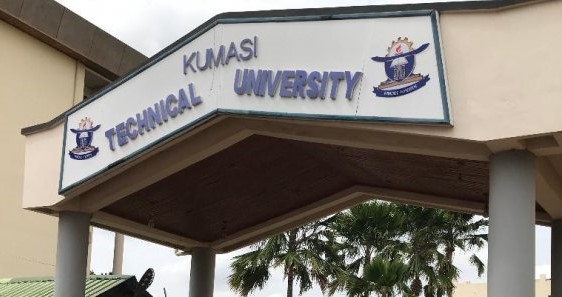

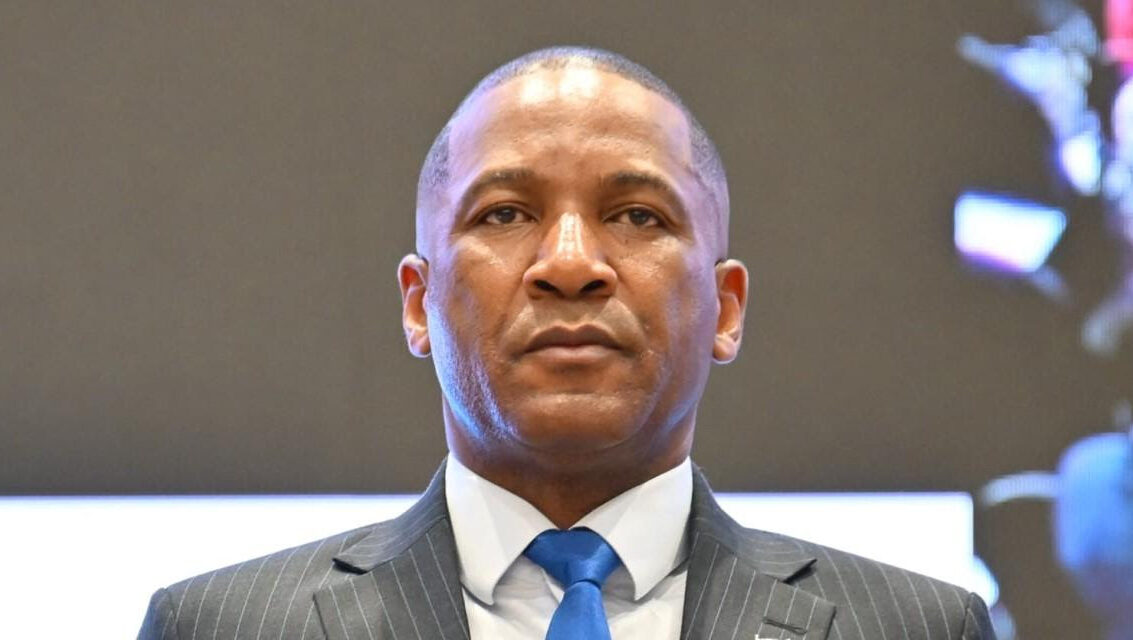
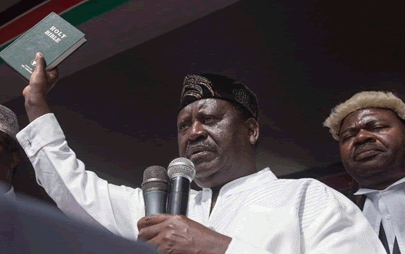
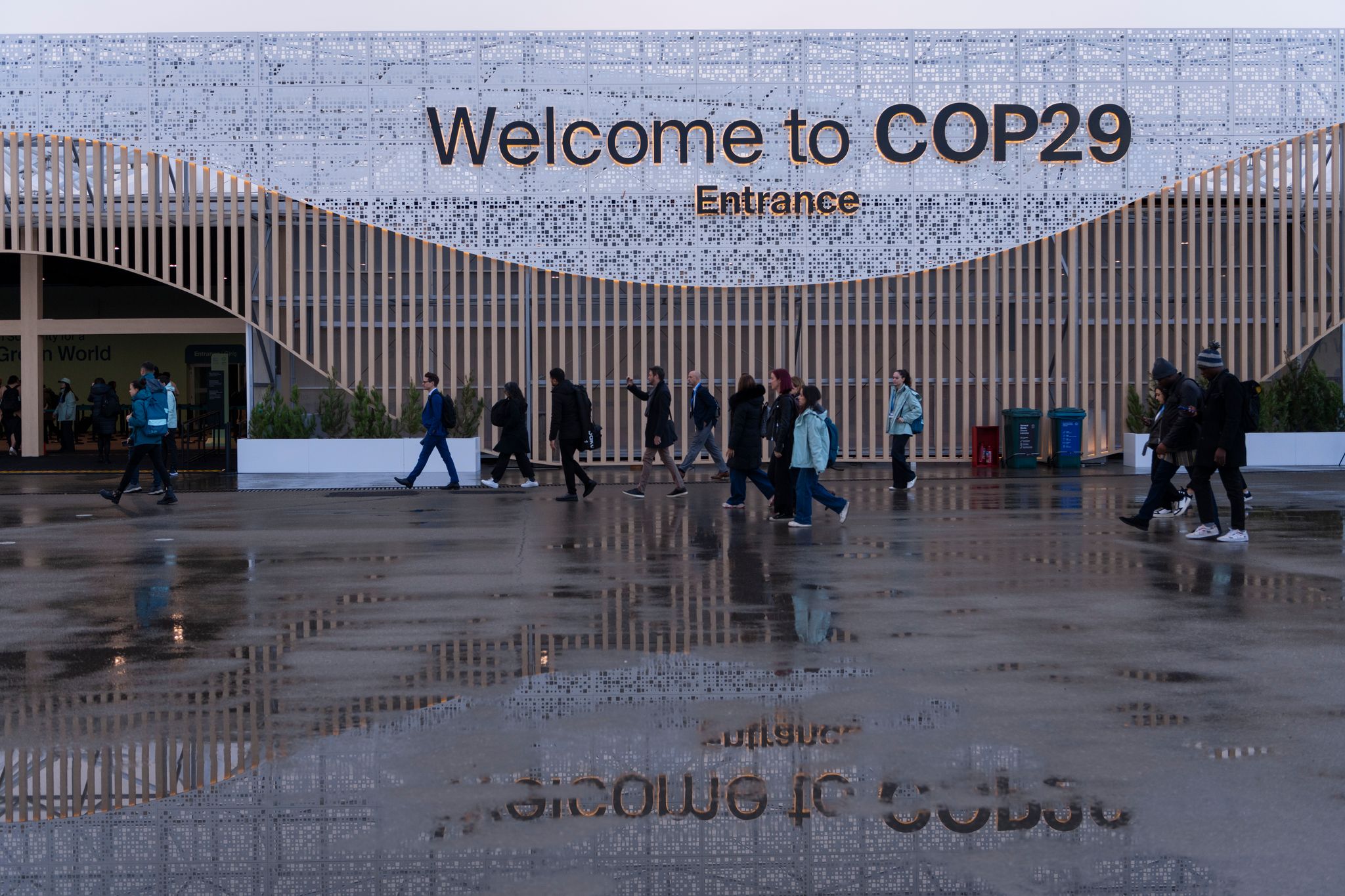
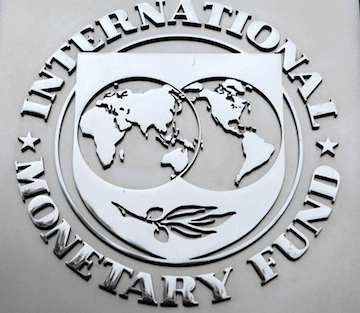
Facebook
Twitter
Pinterest
Instagram
Google+
YouTube
LinkedIn
RSS